LONDON: The BBC has said one of its journalists in China was arrested and beaten by police while covering protests on Sunday against the country’s zero-COVID policy.
Hundreds of people took to the streets in China’s major cities on Sunday in a rare outpouring of public anger against the state.
“The BBC is extremely concerned about the treatment of our journalist Ed Lawrence, who was arrested and handcuffed while covering the protests in Shanghai,” the broadcaster said in a statement.
Lawrence, working in the country as an accredited journalist, was detained for several hours, during which time he was beaten and kicked by police, according to the BBC. He was later released.
Lawrence tweeted on Monday to thank his followers, adding he believed “at least one local national was arrested after trying to stop the police from beating me.”
The reporter later returned to the scene of the protest, according to videos he posted to his Twitter page.
“It is very worrying that one of our journalists was attacked in this way whilst carrying out his duties,” the BBC said.
“We have had no official explanation or apology from the Chinese authorities, beyond a claim by the officials who later released him that they had arrested him for his own good in case he caught COVID from the crowd,” the statement added.
“We do not consider this a credible explanation.”
A British government minister Monday denounced Chinese police’s actions as “unacceptable” and “concerning” after the BBC said Lawrence was arrested and beaten while covering COVID protests in Shanghai.
“Whatever else happens, freedom of the press should be sacrosanct,” Business Secretary Grant Shapps told LBC radio.
China’s foreign ministry said Monday that Lawrence had not identified himself as a journalist.
“Based on what we learned from relevant Shanghai authorities, he did not identify himself as a journalist and didn’t voluntarily present his press credentials,” foreign ministry spokesperson Zhao Lijian said, telling international media to “follow Chinese laws and regulations while in China.”
VOA


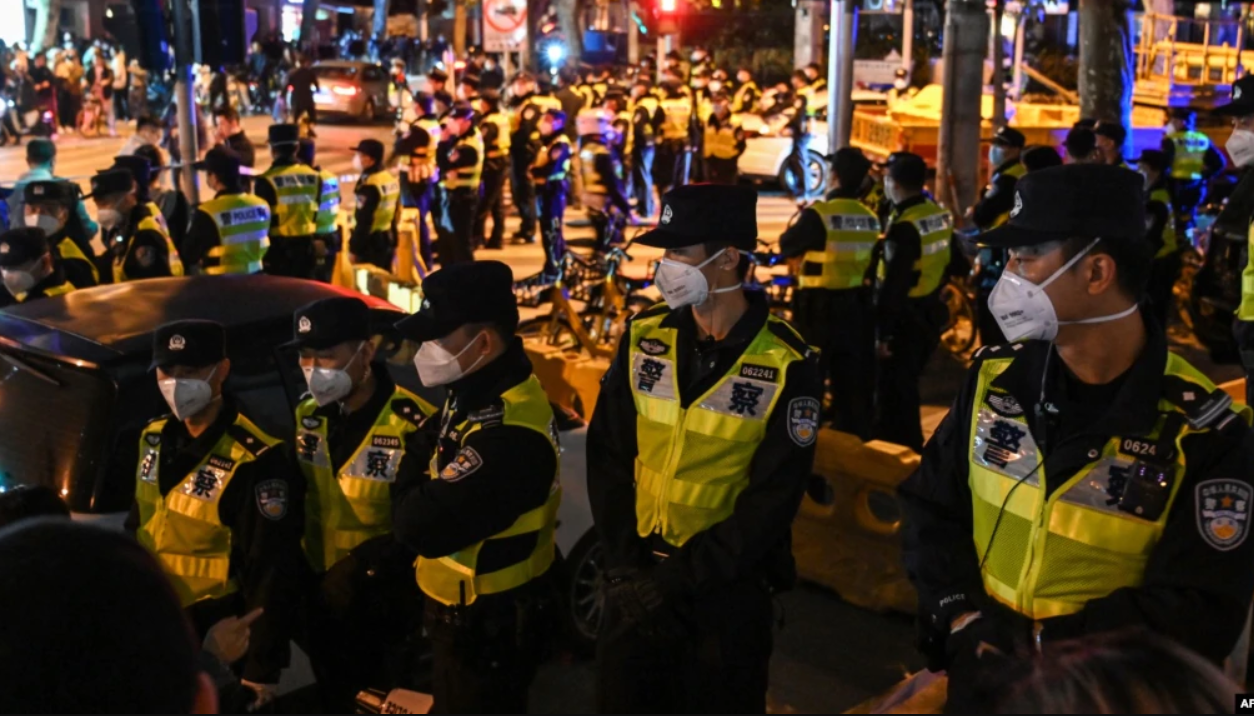
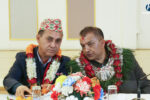
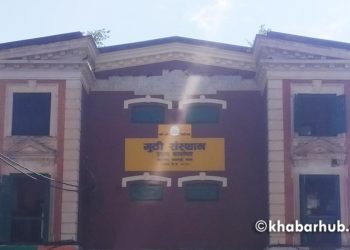
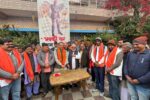
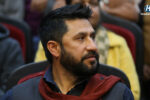
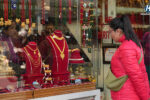

Comment